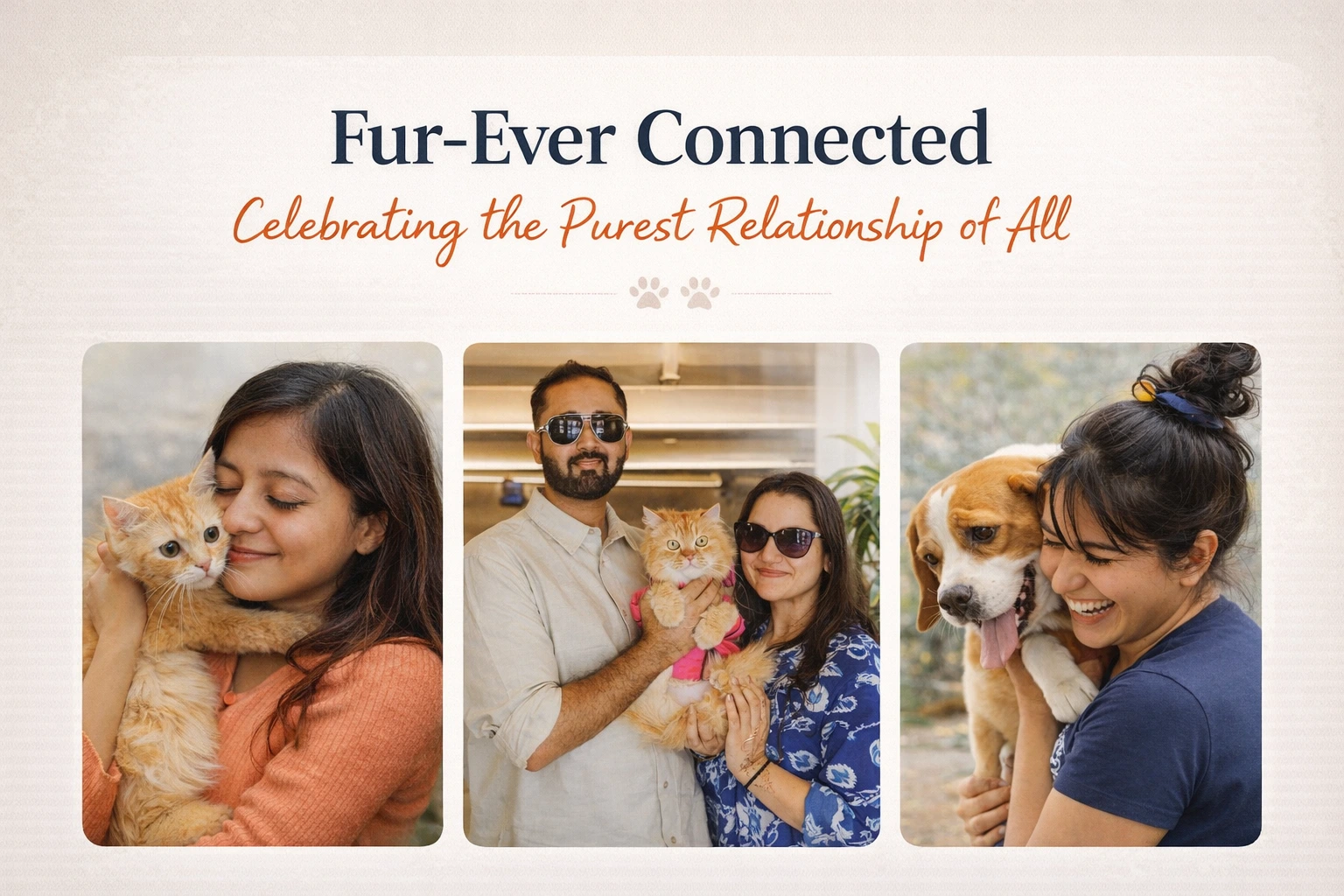A boarding school for dogs that has it all! To call Mantravadi Chandrashekhar a dog aficionado would be a gross understatement. His love for dogs has allowed him to make a giant impact on how dogs are trained in India. Juveria Tabassum discovers more…
In Hayathnagar, Hyderabad, professional dog trainer, Mantravadi Chandrashekhar runs a state-of-the-art facility for training and boarding dogs. In the field for 18 years now, Chandrashekhar’s first flirt with dog training tells an incredible tale. As a youngster dabbling in dog training, he managed to hide and train a little puppy in his room for over six months to avoid detection from his grandfather who was averse to the idea of a pooch in the house. When the pup did get out of the bag, however, his acuity and skill had won his grandpa over. Fast-forward a few years, when Chandrashekhar wanted to learn dog training professionally, his grandpa had no qualms lending him financial assistance.
“I’ve been hooked on dog training since 2004. At the time, I tried my hand at things ranging from web designing to fashion designing, but I kept meeting people from the dog training circuit. In 2006, I got a call from Lalit Dukkitati, a local trainer, to come and train with him. Lalit was my mentor, the first of many to come,” shares Chandrashekhar about his early days.
It didn’t take long for him to complete an international dog training course from Pune, and in 2012, he had set up his first dog training school in his early 20s. At the time, he used to go from house to house, training dogs individually. The facility at Hayathnagar came up in 2014, after Chandrashekhar had spent time mastering his skills under some stalwarts such as Jerry Bradshaw, John Rogerson, Andre vandergeten,Jeff Riccio, and Col. Shyam Hattangdi.
These mentors taught him the ins and outs of various streams in dog training such as basic obedience, advanced obedience, nose work including narcotics, ascenting, and protection. “I learnt bits and pieces from all these names, and put together my own system of training over the years,” says Chandrashekhar. At Progressive Canines, he trains the pet parents to train their dogs for better bonding and behaviour. Pets can spend time at the facility which is equipped with a swimming pool and an agility course.
The pet boarding service allows parents to leave their pets at the complex if they happen to go out on a vacation, or have an event at home. This facility has especially come in handy during the pandemic. Sequestered in their houses for months together, pets have reported various anxiety and attachment issues. Covid times right now are probably(hopefully) as hard as they can get. Almost every family is reporting at least one positive case, and the effort that goes into the rehabilitation of a patient is no mean feat.
In situations this dire, parents can leave their pets for a period of time at Progressive Canines, in order to shield them from stress. “The pandemic was bad for pets. People were stressed and had to cut down on finances. There are a few who just left their dogs with us, and we still take care of them,” Chandrashekar shares.The organisation also offers a pick-and-drop facility, for which they had to take special permissions from the government. “We take care of their needs and their emotional well-being too so that they don’t feel the absence of their owners,” Chandrashekhar adds. The facility, which currently houses around 150 dogs, also allows for parents to bring their pets in for day outings and other fun activities such as birthday parties and fashion shows. Plans are in place to open up a 2-acre facility closer to the city at Gandipet.
The school also offers dog training courses to those interested in a career in the field. The programme has garnered students from all across the world. “We don’t offer the old yank and crank kind of training. We follow humane methods, and make sure the dog enjoys the process of learning, and is responding positively. Our training isn’t based on fear. It’s based on rewards,” stresses Chandrashekhar.
While his first pup was a beagle, Chandrashekhar’s second fur baby was a handsome Belgian Malinois named Czar.“I wanted to know where I stood in terms of how much I had learned. But there were no dog sports in India at the time. Jerry Bradshaw introduced me to the US-based Protection Sports Association. I entered Czar in the competition, and we ended up earning the top spot in India. That legacy has continued, and I entered higher levels of the competition with one of Czar’s sons, Yodha, who won the top dog positions in 2018 and ‘19,” shares Chandrashekhar, attributing the high scores the duo received to good training and great genes; the dog that tracked down Osama bin Laden was also from the same breed.
Chandrashekhar’s organisation supplies Belgian Malinois puppies to National Security Personnel including the Border Security Force and the local police. They are trained according to the Navy Seal Super Dog Programme in the USA from the third day of their birth. Personnel from the security forces are also part of the clientele at Progressive Canines, as they come in to learn some methods of dog training deployed here.
Importing of dogs is banned in India by PETA to curb unethical breeding. But Chandrashekhar has acquired a special license to import dogs and get them registered with the Kennel Club of India. Dogs have been known to detect ailments such as cancer and depression, and Chandrashekhar says it is quite possible to train them to detect Covid.
Tips for the summer:
- Feed your dog in the cooler parts of the day like morning and evening
- Don’t walk them when it is hot
- Keep them cool water to drink
- Give them semi-solid food because there is less activity
- Keep them cool, especially foriegn breeds such as Huskies, who will require ACs.
































